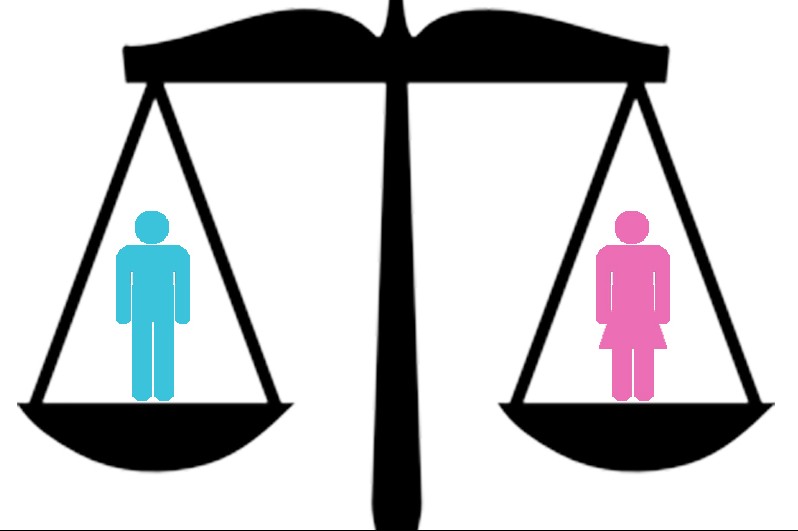Gender Equality
History of Gender Equality
Throughout time, gender equality had been put to the test. Let's look back at the early 19th century, when the economy was centralized on family farms -- where men performed physical labor and women did housework. The general agreement at the time was that men were more capable of dealing with the world's work and labor. Women were assumed to be unable to handle such tasks outside of their own house. As a result, men were labeled the dominant gender, and unlike women, earned the rights to vote, work, and engage in politics. Since then, gender inequality has improved through the inspiration of Coretta Scott King, Rosie the Riveter, and many more. As of now, millions of women have proven as capable as any man -- physically and intellectually -- if not, more. As women today have the right to vote, they also live under laws that enable women to be credited with higher pay. Unfortunately, prejudice between men and women still lingers, as many women are underpaid for jobs that require much more thinking, effort, and time than men. This is how the term "equality" came to be -- gender equality.

What is Equality?
Equality is the assurance that individuals are not treated any less favorably than others, ensuring the same rights and opportunities regardless of one's gender -- male, female, transgender.
Why It Matters
Regardless of gender, culture, etc., gender equality is a fundamental right that should always be respected. Anyone of any gender is still a person with as much capability as anyone else.
About 50% of the world's population is male-- the remaining 50% made of up transgender and female. Discrimination against transgender and female individuals often results in self-doubt and violence, ruining the world's fullest capability. The female and transgender communities are full of life-changing ideas and potential. Gender shouldn't define what you can/cannot do or how others treat you. So, when everyone comes together to unite, we can make the world a brighter, stronger place.
